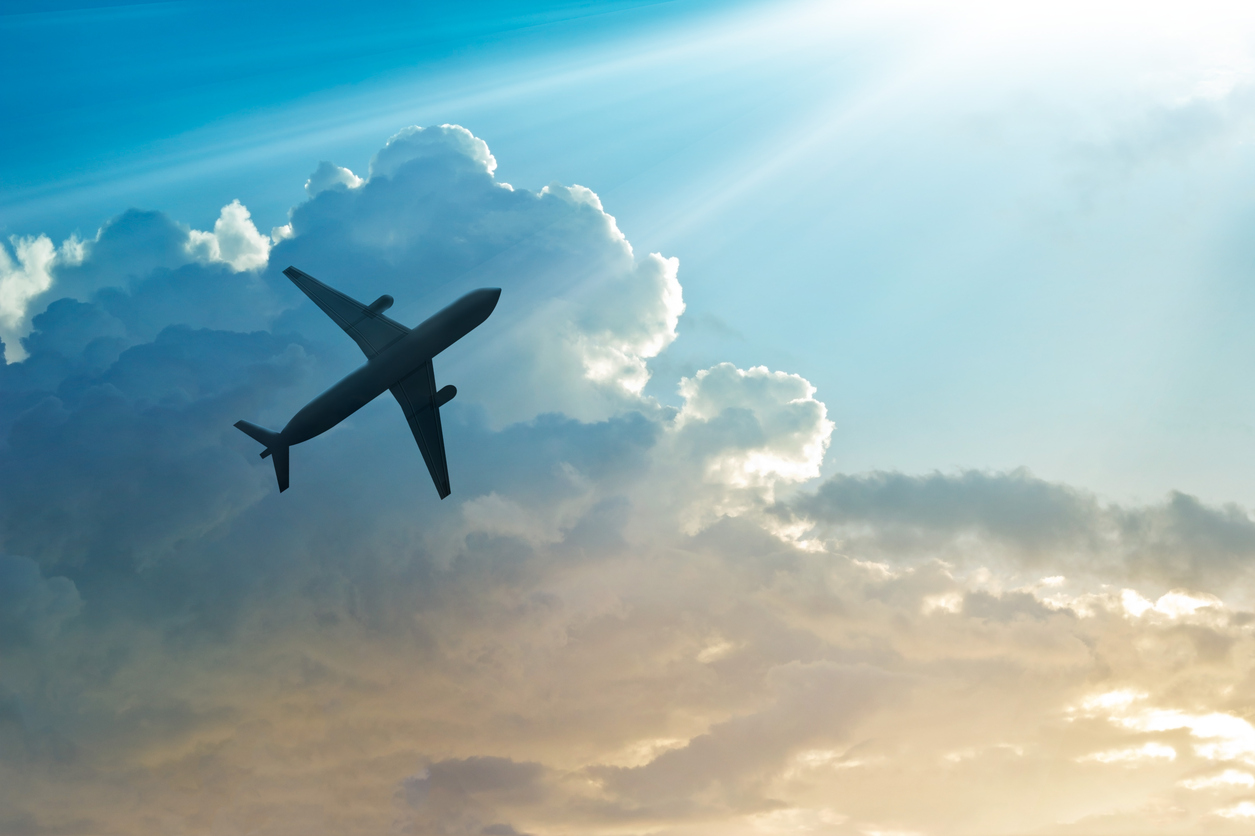Common Reasons Why Flights are Delayed or Cancelled
Have you ever experienced a delayed or cancelled flight and didn’t know what to do afterward? Flight disruptions can be caused by several reasons and may affect other plans eventually. However, agencies like Flightright are gradually working to ensure that passengers are least affected and can exercise their rights under the law. If you have ever wondered why flights get delayed or cancelled, this article will highlight the most common reasons.
COVID-19
The UK parliament in 2020 noted that the COVID-19 pandemic was the biggest threat the UK has faced in decades. This affected many sectors and the aviation sector was not left out. As a result of this pandemic, several flights were cancelled all year. And even now, there are still restrictions on some flights and strict rules guiding any flight that eventually takes off.
Bad Weather Conditions
Bad weather conditions are common reasons why flights often get delayed or cancelled. The number of flight disruptions increases during winter, as there are more unsafe days to fly due to changes in the weather. However, bad weather conditions vary and in many cases, it is still safe to fly. But in severe conditions such as hurricanes, blizzards, or tornadoes, aircraft will not be able to fly, as it poses danger to everyone on board. Bad weather conditions are not only considered at the departure airport but also at the arrival airport, to be sure all coasts are clear before the plane takes off.
Air Traffic Control (ATC) Restrictions
Air traffic controllers can demand an aircraft to be grounded for several reasons, for the best interest of every party involved. Air traffic has gotten heavier over the years and this can cause delays or cancellations, especially in busy cities. It is often difficult for air traffic controllers to follow heavy traffic and as a result, they can delay some flights to help them get a clearer picture of what’s happening before more flights take off.
Knock-on Effect
Sometimes, when a flight is delayed, it can have a knock-on effect on other flights, especially if it’s the same airline. So, your delayed flight might not be a result of anything other than a previously delayed flight.
Security
Security is one of the biggest factors that may result in flight delays or cancellations. If a security threat is sensed, all aircraft will be grounded until it’s safe to fly. This is in the best interest of everyone and the staff in control will do anything to ensure everyone is safe. Security is of top priority in the aviation sector, no matter how little the threat may be.
Bottom Line
Under the EU 261/2004 regulation, you may be entitled to compensation if your flight gets delayed or cancelled. However, one of the eligibility criteria to get compensated is that the reason for the flight disruption was within the airline’s control. If the reason is due to extraordinary circumstances that the airline couldn’t have navigated around, you may not be entitled to monetary compensation. You may, however, still have the right to care (including free meals, drinks, and hotel booking ) if you are delayed for long hours. And if the flight is cancelled, you may be entitled to a free rescheduling or a refund of your flight ticket. The frustration brought on by flight delays can be lessened if passengers register a claim with SAS claim for delayed flight in order to possibly get compensation in accordance with the airline’s policy.

